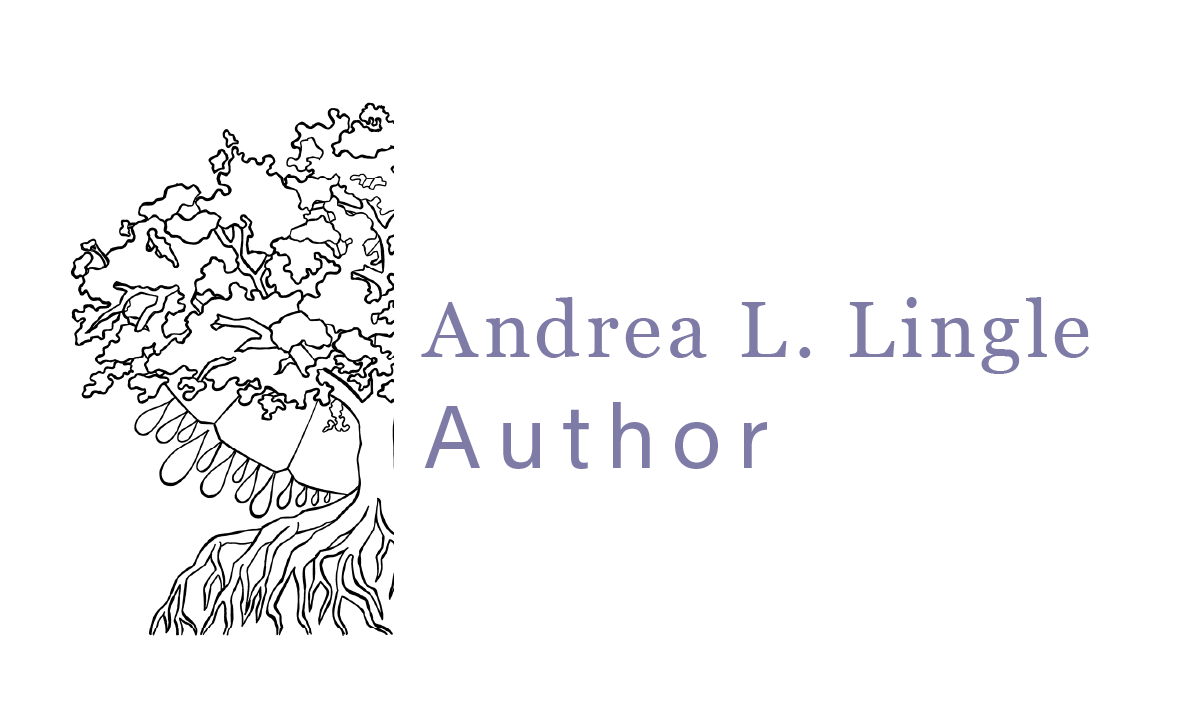How to Write a Landscape, Week 2
Photo Credit Ryan Roth-Klinck
Welcome to What Holy Mystery. This series of writing practices coordinates with the What Holy Mystery Incarnational Study found here.
Do you remember the first time you tasted wine? How about the feeling you get when you open the car door and smell the ocean after seven hours of travel? Do you recall playing catch in the backyard at your grandparents’ house? How about lying on a blanket under a meteor shower on a summer night?
All of these thing happen in a place. When you write, you are evoking place. Place has weight in our memory. The mud of the trenches, the heat of the baseball field, the glare of the sand: all of these carry memory and meaning.
As a writer, you must fight the temptation to interpret for your reader. What a landscape evokes for you may be different than for another, but it is your privilege, as a writer or communicator, to present the landscape with rigorous attention to detail. Why? So that your reader can inhabit the space writing built.
What will that space do to them? What will it do to you?
Honestly, that’s none of our business. You are just here to write.
Monday: When I opened the door, the first thing I smelled was…
Tuesday: Lying on my belly in the grass…
Wednesday: I could not see for the…
Thursday: When I tripped over the…
Friday: No one could have imagined how flat the (sea, grass, meadow, building) was…
Writing Practice Rules:
Grab a pen and paper or dictation device or computer.
Write/record the prompt at the top of your page.
Set a timer (you can adjust the time to suit your needs…I keep the practices short so they don’t seem overwhelming).
Take a few moments to visualize what the prompt is bringing up.
Write or speak or type!! Try not to edit or criticize. Just write.
Write the details of what is coming up. I call this catching what rises.
If you get stuck, make loops with your pen or nonsense syllables with your voice or tap the keyboard.
If you get really stuck, rewrite/record the prompt as a new paragraph.
Write the details of what you are seeing until the timer goes off.

